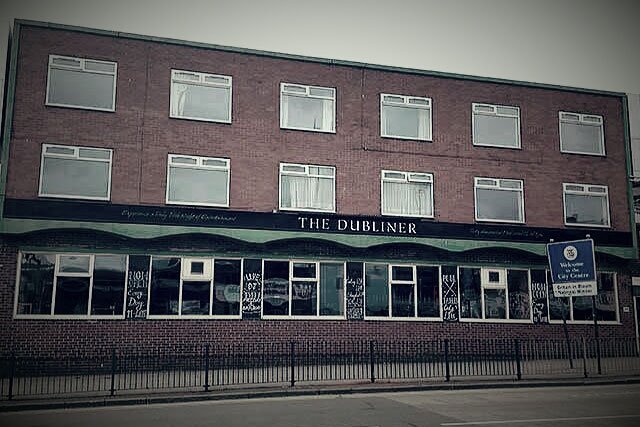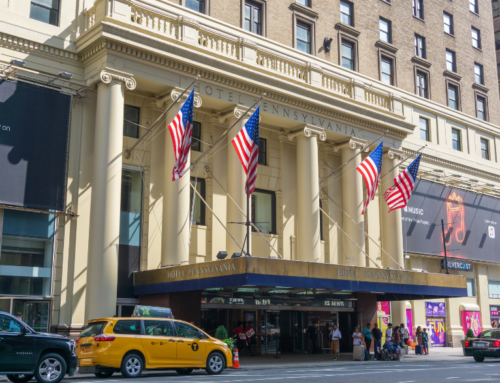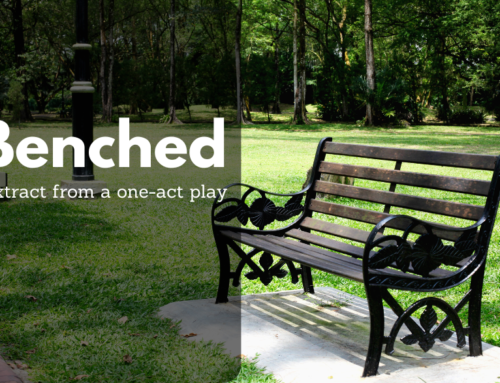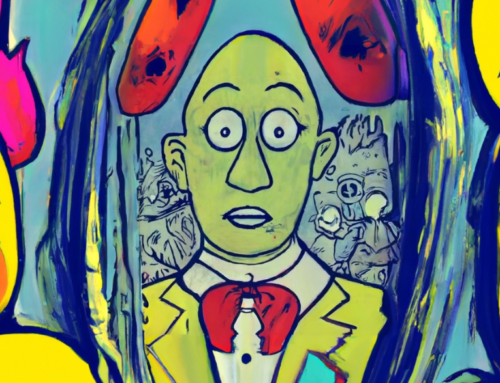Birmingham’s Digbeth area has long been known as the spiritual home to the city’s Irish community, but few know that one of Ireland’s most famous literary sons – a certain James Augustine Aloysius Joyce – once resided there.
James Joyce and his lover Nora Barnacle arrived in Birmingham in 1920. They were about to embark on a new life in Paris after their lengthy self-imposed exile in Trieste, and in those days Digbeth’s Coach & Horse Station was a common stopover point for journeys between the the former Austro-Hungarian Empire and France, which often involved a time-consuming 1,300 mile detour.
Joyce – an Irish émigré with a fondness for booze, lock-ins and a thriving live music scene – immediately felt at home in Digbeth. Nora, by contrast, instantly despised the area. After years of living in impoverished exile she longed for the style, sophistication and readily available boeuf bourguignon of the fashionable Parisian scene. According to contemporary eyewitness reports, she tried to drag her suitcases onto a Paris-bound coach and insisted that Joyce should get her “the Hell away from this fecking shithole”. Joyce stubbornly refused, and tried to drag her suitcases out of the Coach Station and into a nearby pub. This luggage-based tug-of-war soon escalated into characteristically violent confrontation between the hot-tempered lovers which lasted just over a fortnight. According to Richard Ellmann, the row only ended after Joyce – who by this stage was suffering from a cut lip and broken spectacles – hastily composed a conciliatory lyrical poem to Nora entitled “In the Coach Station at Digbeth”:
O cracked lookingglass
The flesh of lip now parted
By repeated blows to my skull
From your suitcase
Following the fight, Joyce and Nora left the coach station and found lodgings at the nearby Ye Olde Barrel Organ public house, and it was there that Joyce set about forming his first and last band. According to Joyce scholar Hugh Jenner’s definitive study of this period (C’mon Feel The Joyze, 1988), the resulting band – ‘Molly and Her Bloomers’ – were pioneers of the interwar industrial music scene. Unfortunately, their bulky musical instruments – which included heavyweight manufacturing equipment like conveyor belts, steel rolling mills and even a viaduct – prevented them from getting booked into adequately sized venues and made touring prohibitively expensive.
Frustrated by these setbacks to his fledgling musical career, Joyce submitted to Nora’s persistent demands and decided to leave Birmingham and resume their journey to Paris. Before they left, though, Joyce orchestrated an elaborate pub crawl which came to abrupt end when he got into a fight with Ezra Pound in Highgate. This night out inspired his famously impenetrable novel, Finnegans Wake:
Riverrun, past the Adam and Eve, from Pershore Street to bend of Rea, brings us by a commodius vicus of recirculation back to Ceol Castle and environs.
Related Articles:
Brum Stuff from Amazon
Last update on 2024-04-26 / Affiliate links / Images from Amazon Product Advertising API










Leave A Comment